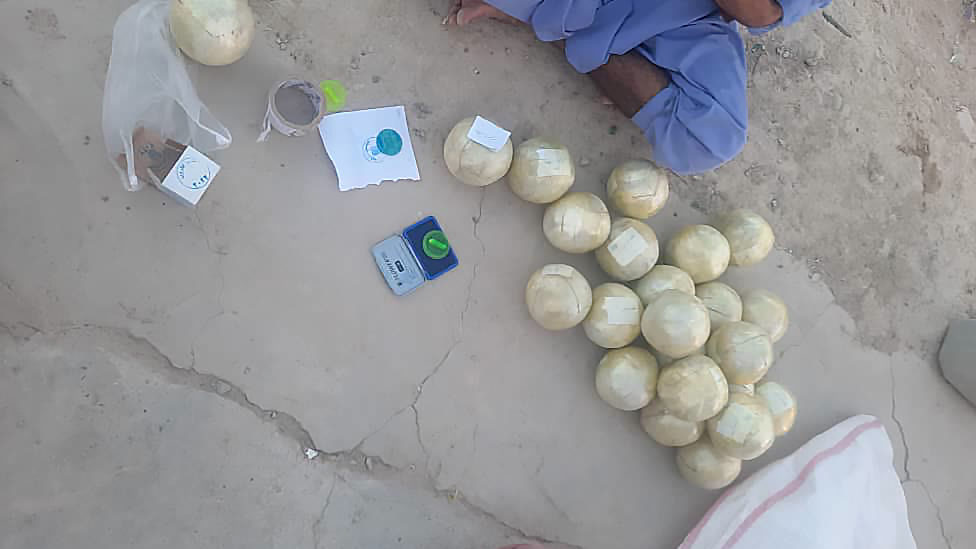Researchers from Cranfield University in the UK have partnered with the United Nations to help develop artificial intelligence (AI) that supports monitoring of illicit opium production in Afghanistan.
According to a statement issued by the university, an Implementing Partner Agreement between Cranfield and the United Nations Office on Drugs and Crime (UNODC) will see academics use AI to interpret data from satellites to track where the crops, used for drug production, are grown in Afghanistan.
Globally, over 80 percent of illicit opium is produced in Afghanistan, and the data provided by Cranfield will help the UNODC to monitor the extent and evolution of these crops.
Daniel Simms, a Lecturer in Remote Sensing at Cranfield University, said that the university’s research on illicit poppy cultivation in Afghanistan would form an essential part of the opium monitoring program and that work to automate the process using AI would save many hours.
“This is a hugely significant project to be involved with. In terms of Afghanistan, we’re talking about opium projection on a grand scale – something like the combined size of 500,000 rugby pitches – so a huge amount of cultivation.
“The UN recognizes our world-leading expertise in the technological development of AI to assess crop cultivation, and we are really pleased to be able to deliver this vital work for them,” he said.
UNODC meanwhile stated in its latest report, issued in November last year, that opium cultivation in Afghanistan increased by 32 percent over the previous year to 233,000 hectares – making the 2022 crop the third largest area under opium cultivation since monitoring began.
The report also stated that opium prices soared following the announcement of the cultivation ban in April 2022 by the Taliban and that the income made by farmers from opium sales tripled from $425 million in 2021 to $1.4 billion in 2022 – the equivalent of 29 percent of the 2021 agricultural sector value.
However, UNODC said this sum represents only a fraction of the income made from production and trafficking within the country. Increasingly larger sums are further accrued along the illicit drug supply chain outside the country.
The report also noted that seizures of opiates around Afghanistan indicate that trafficking of Afghan opium and heroin has not stopped.





